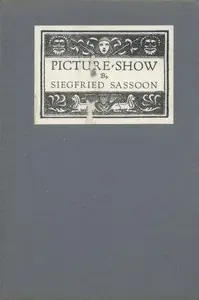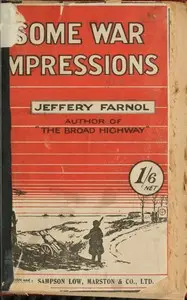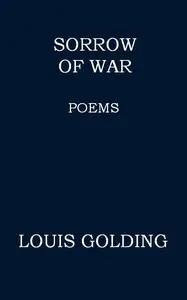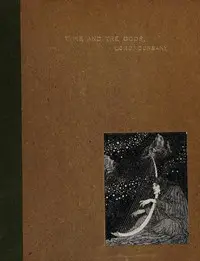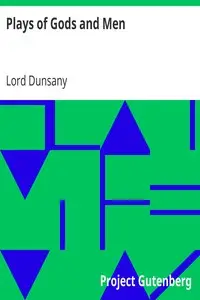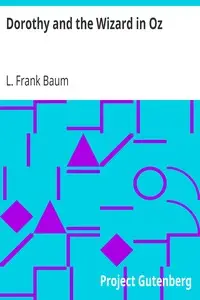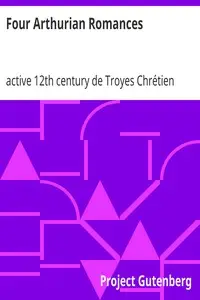"Unhappy Far-Off Things" by Lord Dunsany is a heartfelt reflection on the effects of war, crafted through a series of prose poems and essays written after World War I. The collection shines a light on the painful experiences endured by individuals and locations impacted by the war, mainly in France, capturing the deep emotional and physical wounds left behind. With expressive language, Dunsany paints scenes of devastation, as he recounts encounters with ruined towns, neglected gardens, and shattered homes, portraying the fragility of civilization when faced with violent conflict. Readers will witness desolate landscapes and meet people grappling with profound loss, all while Dunsany's poetic style brings an emotional weight to the work, offering appreciation for forgotten lives and places touched by destruction.

Unhappy Far-Off Things
By Lord Dunsany
Witness the ruins of war-torn landscapes and the silent stories of loss, as nature reclaims what conflict has destroyed.
Summary
About the AuthorEdward John Moreton Drax Plunkett, 18th Baron Dunsany, commonly known as Lord Dunsany, was an Anglo-Irish writer and dramatist. He published more than 90 books during his lifetime, and his output consisted of hundreds of short stories, plays, novels, and essays; further works were published posthumously. Having gained a name in the 1910s as a great writer in the English-speaking world, he is best known today for the 1924 fantasy novel The King of Elfland's Daughter, and his first book, The Gods of Pegāna, which depicts a fictional pantheon. Many critics feel his early work laid grounds for the fantasy genre.
Edward John Moreton Drax Plunkett, 18th Baron Dunsany, commonly known as Lord Dunsany, was an Anglo-Irish writer and dramatist. He published more than 90 books during his lifetime, and his output consisted of hundreds of short stories, plays, novels, and essays; further works were published posthumously. Having gained a name in the 1910s as a great writer in the English-speaking world, he is best known today for the 1924 fantasy novel The King of Elfland's Daughter, and his first book, The Gods of Pegāna, which depicts a fictional pantheon. Many critics feel his early work laid grounds for the fantasy genre.

